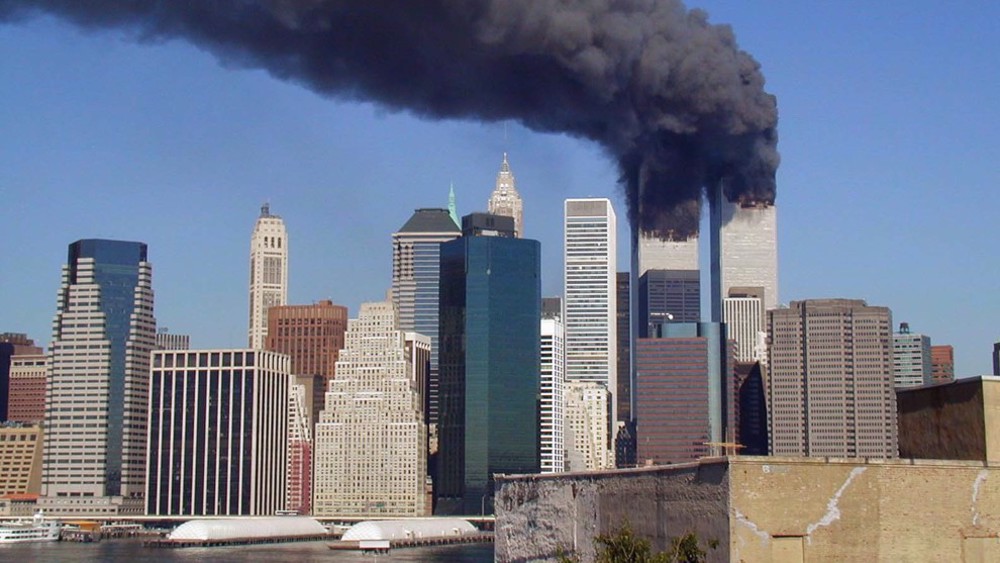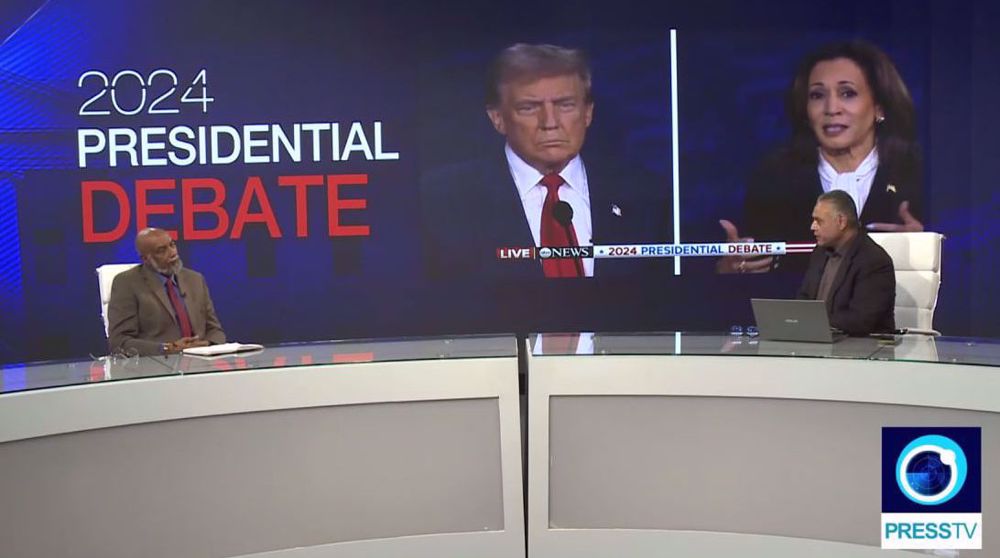Turkish fears of Kurds pretext to bomb Syria: Analyst
Press TV has conducted an interview with Edward Corrigan, a political commentator in Ontario, to ask for his insight on Turkey’s military deployment on the Syrian border.
The following is a rough transcription of the interview.
Press TV: First of all, talk to us about Turkey’s massive military deployment along its borders with Syria.
Corrigan: The Turks are very much afraid of any sort of independence Kurdish movement whether it’s in Turkey or in Syria or Iraq or anywhere else.
The Turks for many years actually tried to ban the Kurdish language. They brutally repressed the Kurds; in fact, they just called the Kurds mountain Turks; but over the last number of years, there has been sort of a loosening up of the rules and now at least there’s acknowledgement of the Kurdish presence in Turkey. There’s a very large Kurdish population in Turkey itself.
There’s not a very large Kurdish population in Syria but they are there. And they have been successfully fighting the Islamic Front and there’s a large Kurdish population in Iraq, a tiny part in Iran and some in fact in Armenia, former Soviet Union. But the Kurds are the largest ethnic minority that doesn’t have state. There’s over 40 million of them and they were sort of shafted by the British and the aftermath of the first World War, but they have been struggling for their independence; in fact shortly after the World War II, they declared an independent Kurdish state, which ended up being suppressed by the Russians I think and the British.
But the Kurds are afraid. It’s not really, I think, that the Kurds represent a threat to Syria, but the idea of a Kurdish state or more independence for the Kurds could be perceived as a threat to Turkey’s security under their own definition, but it’s to my mind it’s not a threat. It’s just the fact that people’s self-determination of the Kurds would be seen as a threat.
The Kurds to my knowledge have not made any attacks on Turkey, but Turkey of course has been supporting the Islamic militants to overthrow the Syrian government. There have been huge convoys of trucks and supplies [that] have entered in from Turkey. In fact, there’s some Turkish police that arrested people for supplying arms to the Islamic militants, to ISIS (ISIL) and other groups. And in fact, they ended up being arrested themselves for enforcing the law.
It’s a very complex picture and very confusing. Turkey is a NATO ally, they must be getting some sort of direction from NATO as to supplying the Islamic militants and I would say that includes ISIS.
Also this is now would be a pretext to invade Syria, to destroy Syria and to attack its border and to of course do a blow to the Kurdish movements that are fighting ISIS, and of course in the end, it would be supporting ISIS itself.
The Russians have a very large border with Turkey. What is Russia going to do? There is negotiations with Russia about building a pipeline through Turkey to supply southern Europe. This is a big factor... the Russian government of course it’s strongly supporting Syria.
And the thing could quickly get out of control. But I don’t think there’s any real threat that the Kurds pose to Turkey. But ideologically and politically, yes, they may perceive a threat, but that to me is not legitimate and this will only be a pretext to start bombing and attacking Syria; and of course, by that, they’d be attacking the Assad regime and supporting the Islamic militants.
But once you take the genie off this bottle, it’s going to blow up and I think there’s going to be spin-off and blowback into Turkey and other areas. And I would urge caution and Turkey should not under any circumstances invade. In fact, in my view, the long-term interest is to stop supporting the Islamic militants... and work towards peace in the area.
ABN/HJL
Hezbollah attacks Israeli forces after Lebanese homes blown up
World leaders, states hail ICC arrest warrants for Netanyahu, Gallant
MP: US accountable for possible Israeli 'foolishness' to attack Iraq
VIDEO | Israeli policies strangle Palestinian agriculture, economy
Iran's president offers condolences to Pakistan over terrorist attack
Canada’s Yukon town council at standstill over refusing oath to King Charles
Yemen's Houthi calls for jihad to protect Palestine against Israel
VIDEO | Internal rifts within Israel









 This makes it easy to access the Press TV website
This makes it easy to access the Press TV website